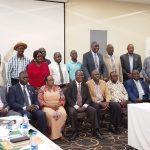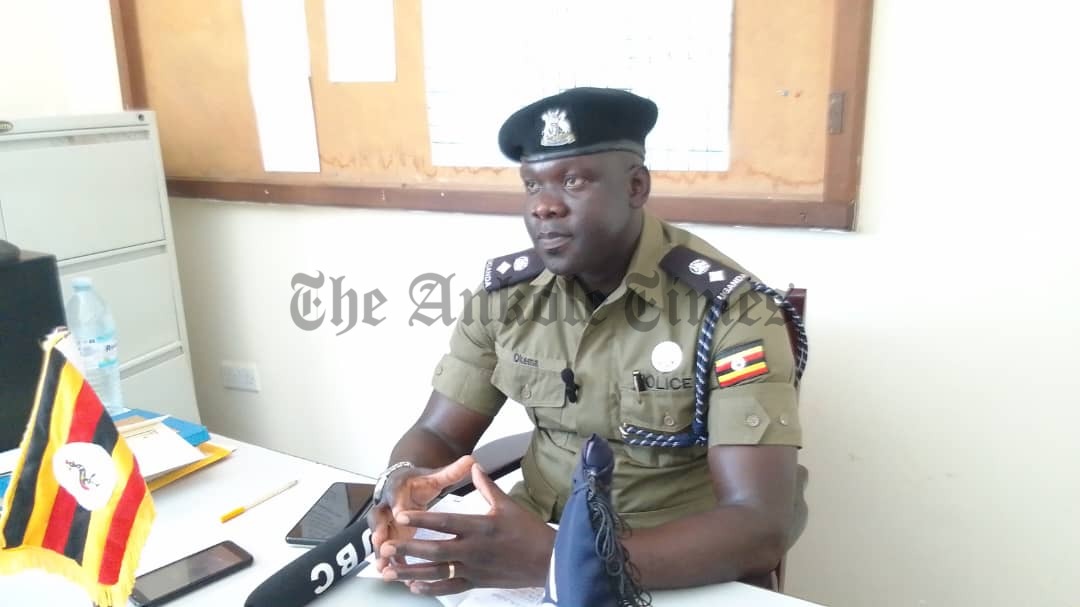The problem of crimes committed through SIM cards has seen a significant decline in Uganda. If you’ve noticed fewer scam calls promising you prizes you never won, there’s a good reason behind it.
Waiswa Abudu Sallam, the head of legal affairs at the Uganda Communications Commission (UCC), attributes this drop to the implementation of the Regulation for Interceptions of Communication Regulations law, which was enacted last year. According to Waiswa, these regulations have led to a remarkable 50 percent reduction in telecom-related offences.
How New SIM Card Regulations Are Impacting Crime Rates
| Regulation Aspect | Description |
|---|---|
| SIM Card Tied to Visa Duration | SIM cards are now linked to the visa duration of foreigners. |
| Penalties for Misuse | Penalties have been introduced for improper SIM card registration. |
| Accountability | Telecom agents can be held responsible for SIM cards used for illegal activities. |
| Improved Compliance | Enhanced guidelines have improved compliance and reduced misuse. |
Previously, criminals exploited a loophole where foreigners would leave their SIM cards behind after their visits. These SIM cards, often handed off to taxi drivers or hotel staff, were then used to commit high-profile crimes, such as ransom demands.
Waiswa explains that this was a common tactic: “Foreign visitors would leave their SIM cards in their hotel rooms or with cab drivers, and by the time we traced them, the crimes had already been committed.” The new regulations address this issue directly by ensuring that SIM cards are tied to the duration of a visitor’s stay, preventing misuse after their departure.
Additionally, penalties have been introduced for improper SIM card registration. Telecom agents are now personally accountable for ensuring that SIM cards are not misused. This has led to several arrests and prosecutions, further curbing the problem.
These changes were discussed during a benchmarking visit by Namibia’s standing committee on ICT and innovation, which took place from July 15-19, 2024, at the Uganda Institute of ICT in Nakawa, Kampala. The Namibian delegates, led by Sebatiaan Karupu, were in Uganda to learn best practices on e-learning, licensing, regulation, and public Wi-Fi provision.
The visit, officiated by Dr. Chris Baryomunsi, Uganda’s Minister of ICT and National Guidance, also included tours of key institutions such as UCC, the National Information Technology Authority (NITA-U), and UICT.
Dr. Aminah Zawedde, the permanent secretary of the Ministry of ICT, and Dr. Fred Kitoogo, UICT principal, were among the officials who participated in the discussions. This international exchange highlights Uganda’s success in combating telecom fraud and serves as a model for other countries grappling with similar issues.




















